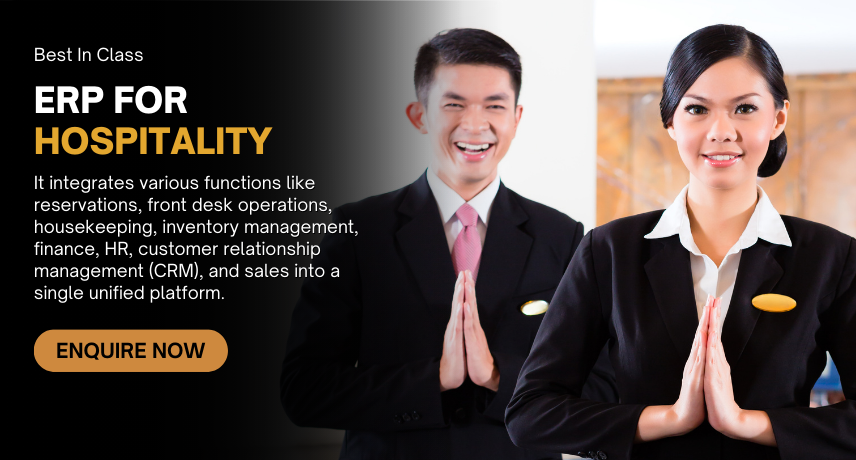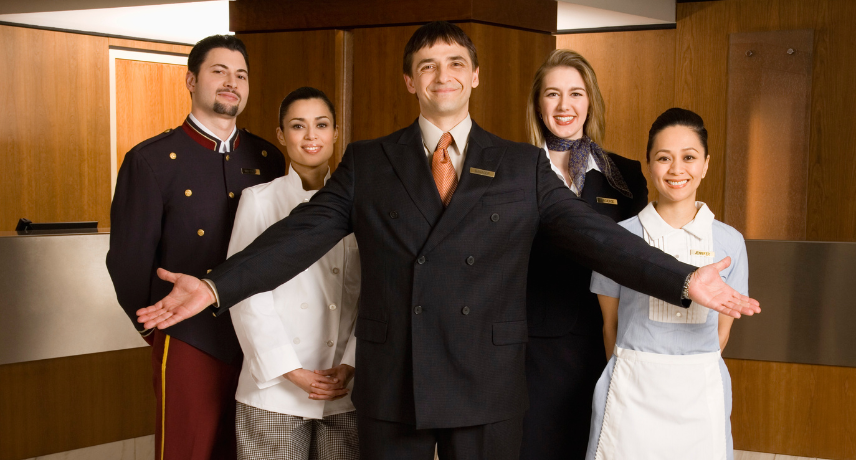Enquiry Form
What is ERP For Hospitality?
ERP for Hospitality is an Enterprise Resource Planning (ERP) system designed specifically for the hospitality industry, including hotels, resorts, restaurants, travel agencies, and event management businesses. It integrates various functions like reservations, front desk operations, housekeeping, inventory management, finance, HR, customer relationship management (CRM), and sales into a single unified platform.
What are the Best Features of ERP For Hospitality?
Here Are 15 Key Features of ERP For Hospitality

Reservation & Booking Management:
Automates online and offline bookings, preventing overbooking.

Front Desk Operations:
Manages check-ins, check-outs, and guest services efficiently.

Housekeeping & Maintenance Tracking:
Assigns housekeeping tasks and schedules room maintenance.

Point of Sale (POS) Integration:
Connects with restaurant, bar, and spa billing systems.

Inventory & Procurement Management:
Tracks stock levels, orders, and reduces wastage.

HR & Payroll Management:
Manages staff attendance, payroll, and shift scheduling.

Finance & Accounting:
Handles invoicing, billing, revenue tracking, and tax compliance.

CRM & Guest Relationship Management:
Enhances guest experience with loyalty programs and personalized offers.

Multi-Property Management:
Enables hotel chains to manage multiple locations from a single system.

Event & Banquet Management:
Helps organize and track event bookings, catering, and guest lists.

Food & Beverage (F&B) Management:
Manages restaurant menus, orders, and kitchen workflows.

Mobile Access & Cloud Support:
Allows managers to access data and reports from anywhere.

Compliance & Audit Management:
Ensures adherence to local regulations and financial audits.

Compliance & Audit Management:
Ensures adherence to local regulations and financial audits.

AI-Based Data Analytics:
Provides insights on occupancy rates, revenue, and guest preferences.
Benefits of ERP for Hospitality
- Increased Efficiency: Automates repetitive tasks, reducing manual errors.
- Improved Guest Experience: Enhances personalization and seamless service delivery.
- Cost Savings: Optimizes inventory, reduces wastage, and improves financial planning.
- Real-time Data Access: Enables quick decision-making with live reports.
- Regulatory Compliance: Helps adhere to tax and legal requirements.
For which 5 Other Industries Can ERP for Hospitality Be Useful?
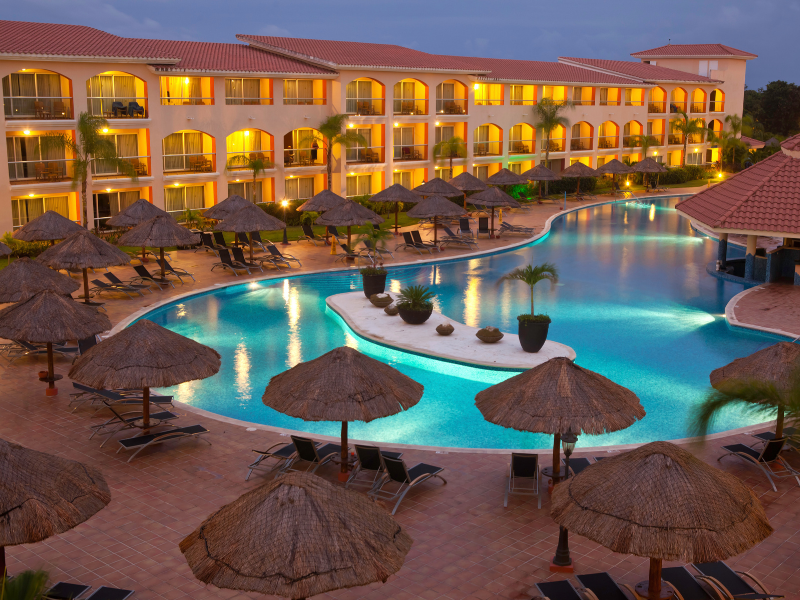
Hotels and resorts use ERP systems to streamline operations, enhance guest experiences, and manage resources efficiently.
- Centralized booking and reservation management
- Housekeeping and maintenance tracking
- Guest relationship management (CRM)
- Inventory and procurement management
- Financial reporting and revenue tracking
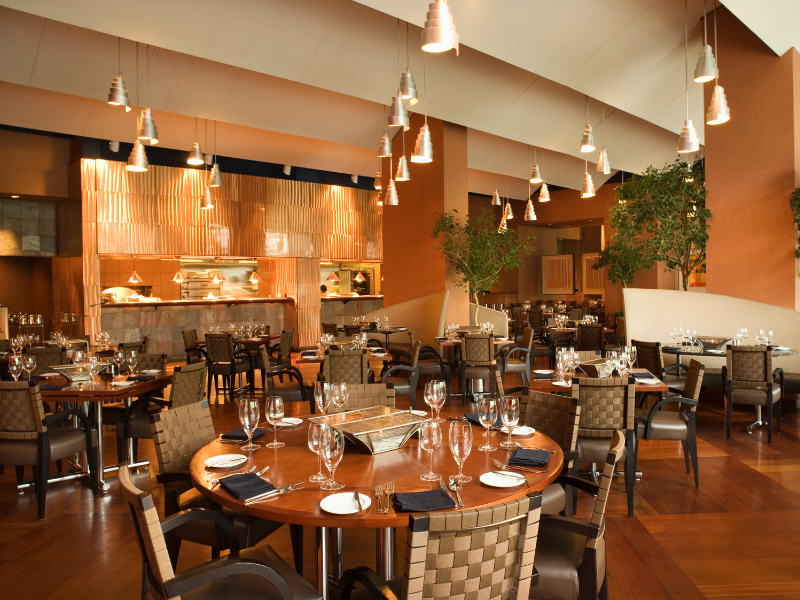
ERP solutions help restaurants manage supply chains, optimize inventory, and improve customer service.
- Online ordering and table reservation management
- Recipe and ingredient cost tracking
- POS (Point of Sale) integration
- Staff scheduling and payroll management
- Analytics for sales and customer preferences

Event planning and catering businesses use ERP to manage logistics, client relationships, and finances efficiently.
- Event booking and scheduling
- Vendor and supplier management
- Budgeting and cost control
- Staff and workforce allocation
- Customer feedback and engagement tracking
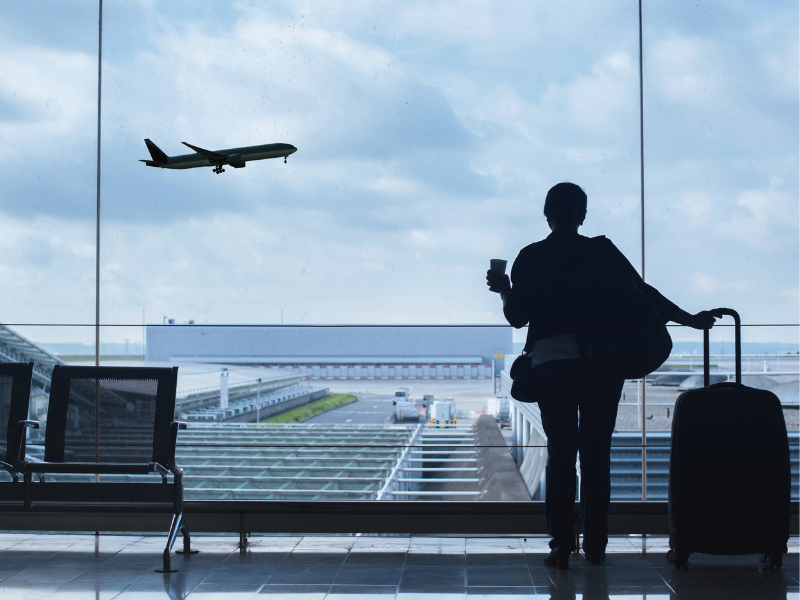
ERP systems assist travel agencies in managing bookings, customer relations, and financial transactions seamlessly.
- Itinerary and package management
- CRM for personalized travel experiences
- Automated invoicing and billing
- Integration with hotel and airline booking systems
- Expense tracking and reporting

Spas and wellness centers use ERP solutions to enhance service delivery, manage bookings, and track inventory.
- Appointment scheduling and customer management
- Employee performance and attendance tracking
- Inventory management for beauty and wellness products
- Membership and loyalty program management
- Financial and revenue analytics
How to Choose the Best ERP For Hospitality
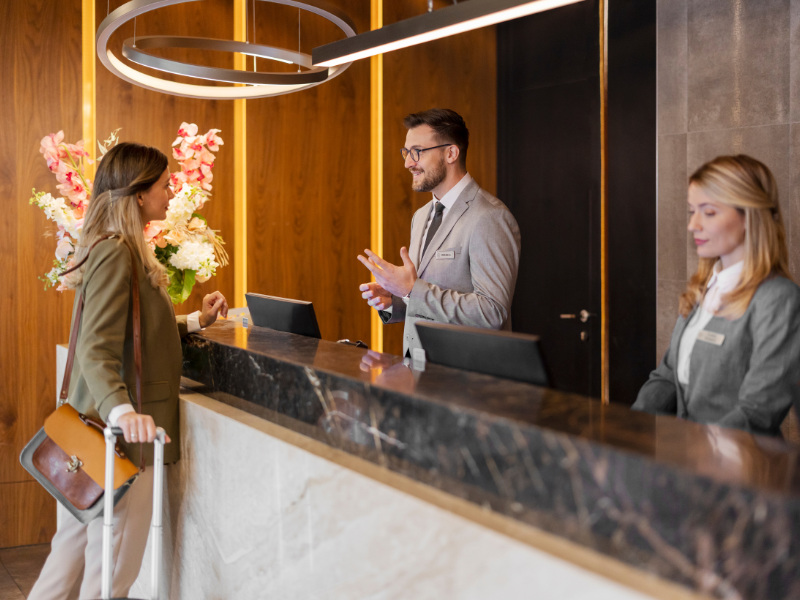
- Industry-Specific Features: Ensure the ERP includes hospitality-focused modules like reservations, front desk, and housekeeping.
- Cloud vs. On-Premise: Choose between cloud-based for flexibility or on-premise for full control.
- Integration Capabilities: The ERP should seamlessly connect with POS, CRM, and third-party booking platforms.
- User-Friendly Interface: A simple, intuitive system reduces training time and improves efficiency.
- Scalability: Select an ERP that can grow with your business and support multiple locations.
- Real-Time Reporting & Analytics: Look for a system that provides instant insights for better decision-making.
- Customer Support & Security: Ensure 24/7 support and strong security measures to protect guest data.
ERP for Hospitality Industry | Streamline Hotel and Restaurant Operations
Discover how ERP for Hospitality streamlines hotel, restaurant, and resort operations. Improve efficiency, guest satisfaction, and staff management with powerful ERP software.
Latest News
Stay updated with latest industry information
